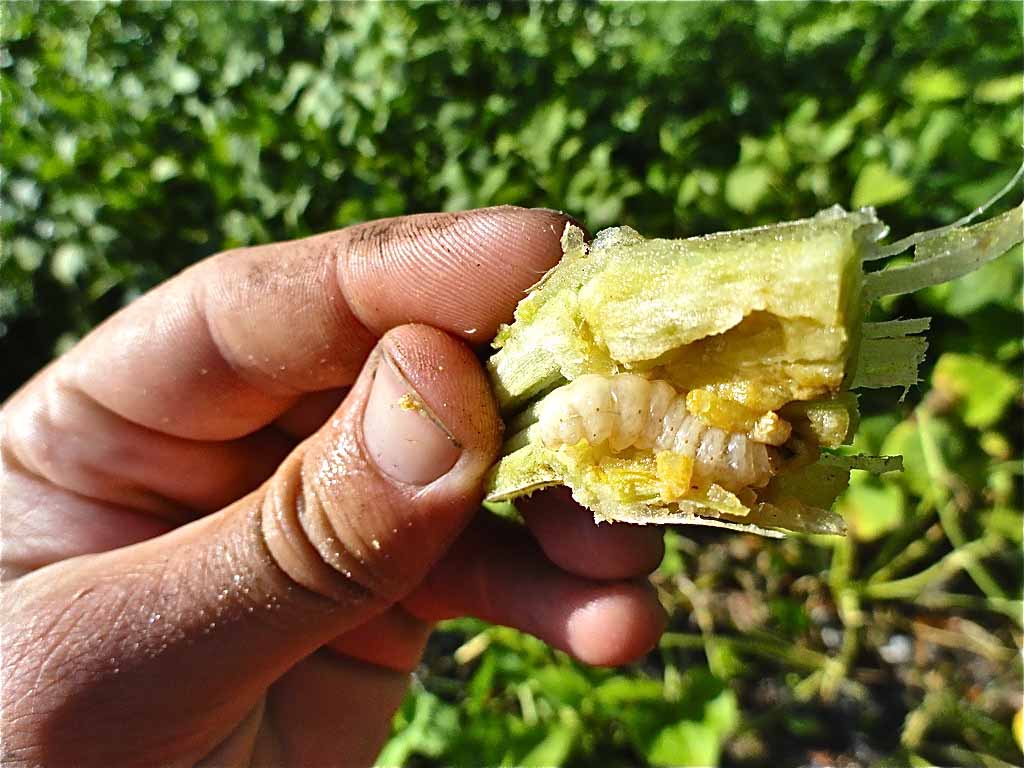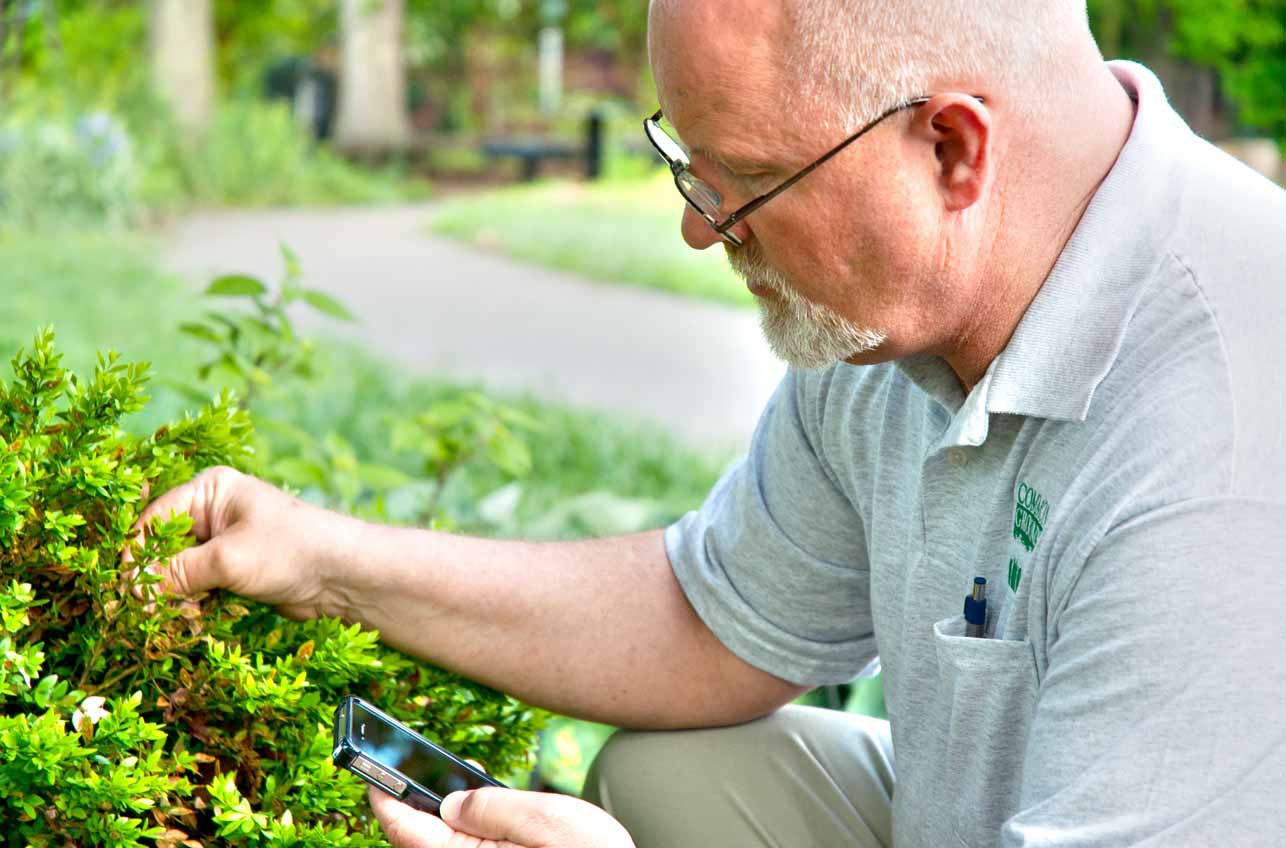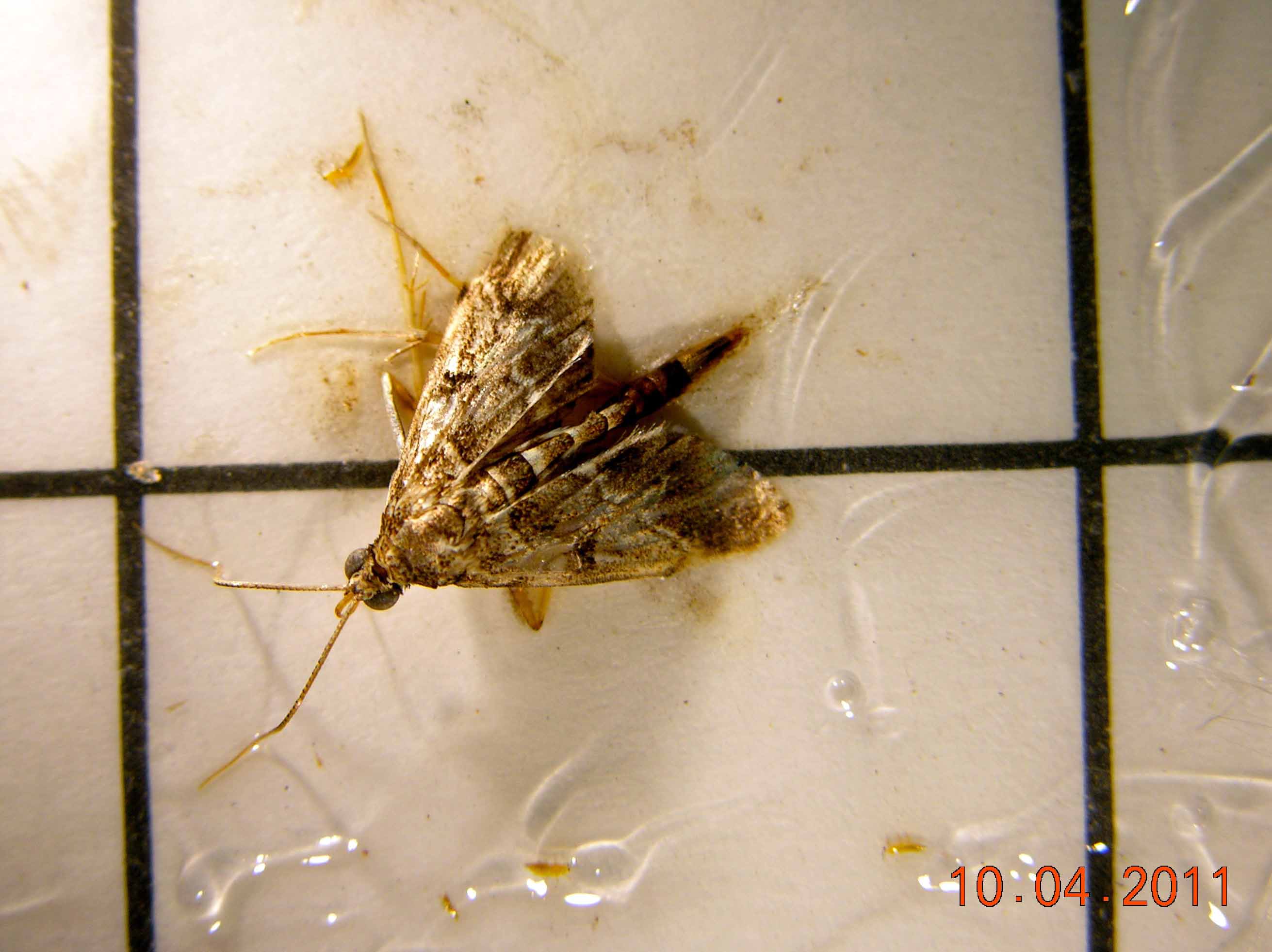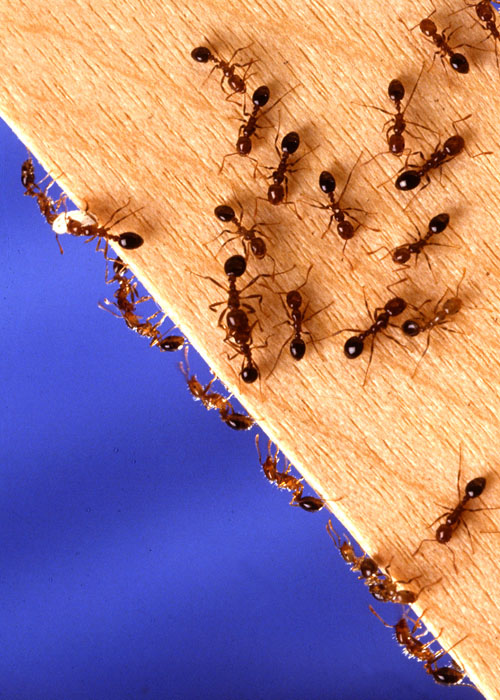 CAES News
CAES News
Tips and tricks to beating the squash vine borer
You can have tomatoes, peppers and cucumbers galore; but no backyard garden is complete without summer squash.




